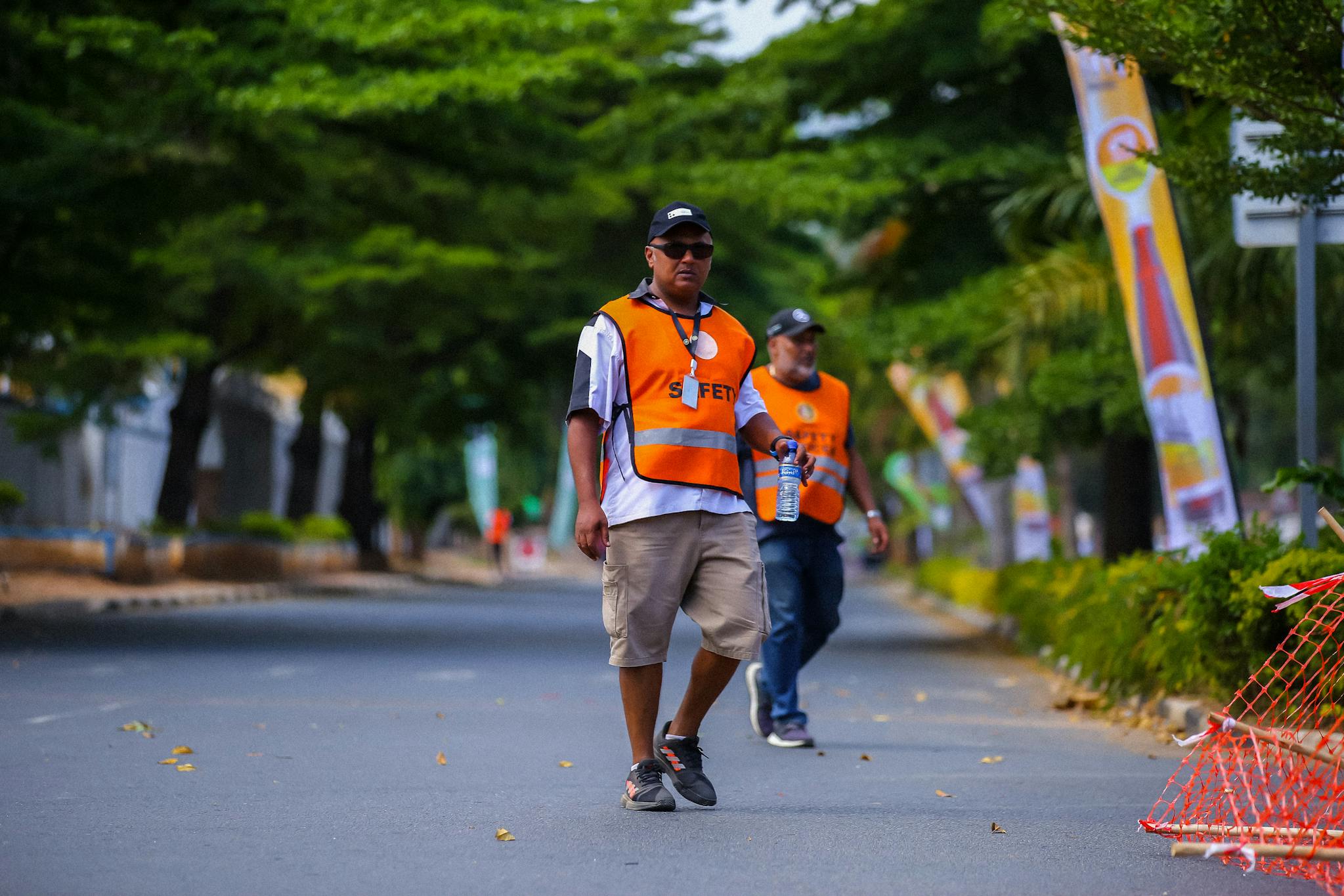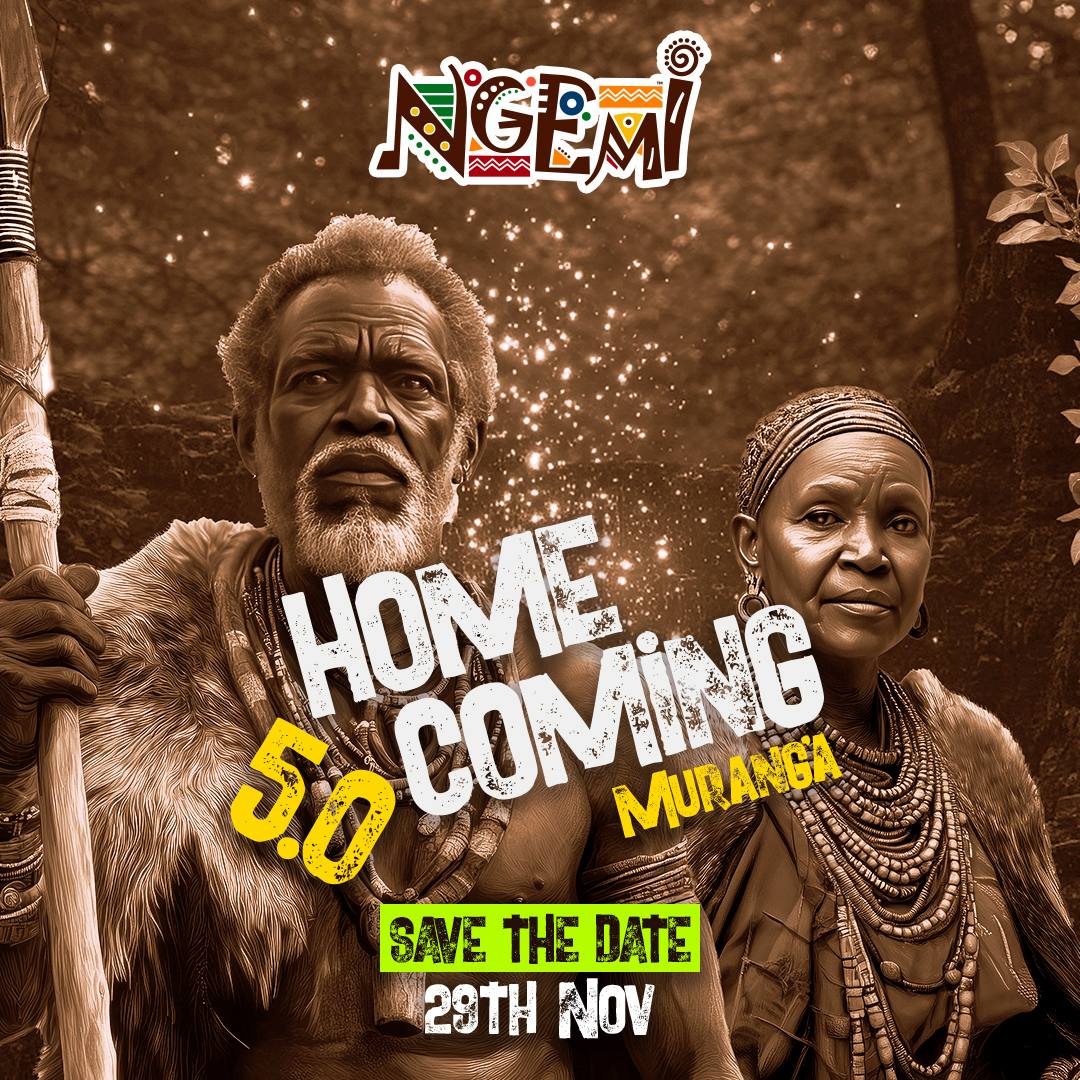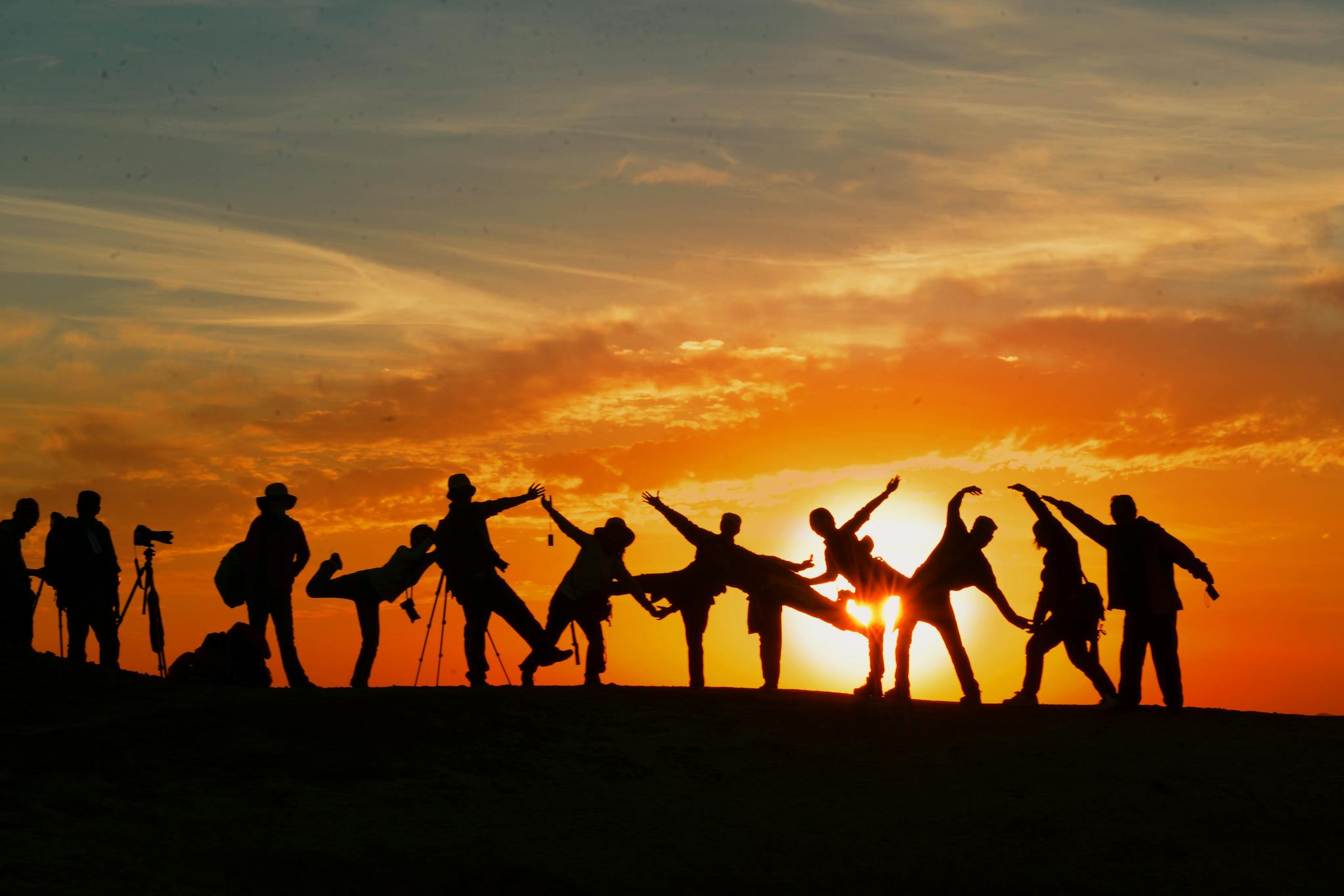Your safety at events requires specific knowledge of Nairobi’s unique challenges. Here’s how to stay secure:
Pre-Event Security Planning
Research the Area
- Crime statistics: Check recent security reports for the venue’s neighborhood
- Time of day: Evening events in certain areas require extra precautions
- Recent incidents: Google “[venue name] security” to check for recent problems
- Local knowledge: Ask Nairobi friends about their experiences with specific areas
- Police presence: Some areas have regular police patrols, others don’t
Venue Security Assessment
- Security personnel: Legitimate events have visible, uniformed security
- Entry screening: Professional events check bags, use metal detectors
- Emergency exits: Multiple exits that are clearly marked and accessible
- Lighting: Well-lit areas, especially parking and entry/exit points
- Crowd control: Barriers, organized entry systems, capacity management
Transportation Security
- Route planning: Know safe routes to and from the venue
- Transport booking: Pre-book return transport, don’t rely on finding transport after events
- Group travel: Coordinate with friends for shared, safer transport
- Emergency transport: Have backup transport options and emergency cash
- Timing considerations: Leave before crowds to avoid transport difficulties
High-Risk Areas and Venues
Downtown/CBD Events (After Dark)
- Risk level: High after 8 PM, especially weekends
- Specific threats: Muggings, pickpocketing, carjacking in parking areas
- Mitigation: Use venue parking, don’t walk streets alone, avoid carrying valuables
- Safe venues: Hotel events (Serena, Hilton) have better security than street-level venues
- Transport: Use ride-hailing directly to venue entrance, not street parking
Industrial Area Events
- Risk level: Very high, especially after dark
- Specific threats: Armed robbery, carjacking, limited police response
- Mitigation: Only attend well-organized events with serious security
- Group strategy: Never attend alone, coordinate group arrival and departure
- Venue selection: Only attend events at established, secure venues
Eastlands Events (Buruburu, Umoja, Kayole)
- Risk level: Variable, depends on specific location and event type
- Local knowledge essential: Attend with people familiar with the area
- Community events: Often safer when attending with local community members
- Transport: Use local knowledge for safe transport routes
- Time sensitivity: Earlier events generally safer than late-night events
Suburban Areas (Karen, Langata, Westlands)
- Risk level: Generally lower, but still requires precautions
- Specific threats: Vehicle break-ins, isolated area robberies
- Venue parking: Even “safe” areas can have parking lot security issues
- Home security: Don’t post on social media that you’re away from home
- Route familiarity: Know alternative routes in case of road blocks or problems
Venue-Specific Security Strategies
Carnivore Restaurant Events
- Parking challenges: Chaotic parking, limited security oversight
- Crowd management: Can become overcrowded during popular events
- Security strategy: Arrive early for better parking, stay with your group
- Exit planning: Know multiple exit routes due to crowd density
- Valuables: Minimize what you bring due to limited secure storage
KICC Events
- Generally secure: Good security infrastructure for most events
- Government presence: Often has additional security for official events
- Bag checks: Expect thorough security screening at entry
- Parking: Organized parking with attendants, relatively secure
- Professional events: Higher security standards for business events
Hotel Events (Serena, Hilton, Intercontinental)
- Security level: Highest in Nairobi, professional security teams
- Valet parking: Secure car handling, worth the extra cost
- Guest screening: Hotels screen guests and maintain security standards
- Emergency protocols: Professional emergency response procedures
- Safe environments: Generally safest option for evening events
Club and Nightlife Venues
- Variable security: Quality varies significantly between venues
- Crowd dynamics: Alcohol can escalate conflicts quickly
- Entry security: Look for metal detectors, bag checks, professional bouncers
- Exit safety: Plan safe departure before peak leaving times
- Group coordination: Never leave friends behind, coordinate departures
Personal Security Protocols
What to Carry
- Minimum cash: Only what you need for the event plus KSh 500 emergency
- Copy of ID: Leave original at home, carry photocopy
- Emergency contacts: Written list in case phone is stolen/damaged
- Basic phone: Consider bringing older phone instead of expensive smartphone
- Medical information: Any critical medical conditions, allergies, medications
What NOT to Carry
- Expensive jewelry: Leave gold chains, expensive watches at home
- Multiple cards: Bring one ATM card only, leave credit cards secured
- Important documents: Passport, birth certificate, irreplaceable items
- Large amounts of cash: More than you need makes you a target
- Unnecessary electronics: Extra phones, tablets, expensive accessories
Clothing and Appearance
- Dress down: Don’t overdress for venue/area to avoid standing out
- Secure pockets: Use zippered or button pockets, avoid back pockets
- Comfortable shoes: You may need to walk quickly or run if necessary
- Weather appropriate: Don’t let weather needs compromise security
- Cultural sensitivity: Dress appropriately for area cultural norms
Group Security Strategies
Buddy System
- Pair assignments: Each person has specific responsibility for another person
- Regular check-ins: Hourly “Is everyone here and okay?” checks
- Shared information: Everyone has everyone else’s contact information
- Decision making: Designate one person to make security decisions for group
- Emergency coordination: Plan what to do if group gets separated
Communication Protocols
- Group WhatsApp: Active group chat for real-time coordination
- Emergency contacts: Share emergency contact info before going out
- Check-in schedule: Regular updates to someone not at the event
- Meeting points: Designated spots to regroup if separated
- Code words: Discrete signals for when someone feels unsafe
Transport Coordination
- Group transport: Travel together whenever possible
- Designated driver: If driving, one person stays sober
- Shared ride-hailing: Book larger vehicles for group transport
- Emergency transport: Pre-arranged backup transport plans
- Route sharing: Share live location with emergency contacts
Emergency Protocols
If You Feel Unsafe
- Trust instincts: Leave immediately if something feels wrong
- Find security: Locate venue security or police presence
- Group coordination: Alert your group to safety concerns
- Exit strategy: Know how to leave quickly and safely
- Communication: Call someone to let them know your concerns
If Something Goes Wrong
- Medical emergencies: Know location of first aid stations, emergency exits
- Security incidents: Report to venue security and police if necessary
- Lost items: Report to venue security, file police report for valuable items
- Group member missing: Systematic search, contact security, call police if not found
- Transport emergency: Have backup transport options and emergency funds
Emergency Contacts
- Police: 999 or 911 for serious emergencies
- Venue security: Find security personnel immediately for venue-related issues
- Emergency contact: Someone not at event who can coordinate help
- Medical services: Know location of nearest hospital or clinic
- Embassy contacts: If you’re a foreign national, have embassy emergency numbers
Technology and Security
Phone Security
- Location sharing: Share live location with trusted contacts during events
- Emergency apps: Install personal safety apps with emergency features
- Battery backup: Bring power banks to ensure phone stays charged
- Secure storage: Keep phone secure, consider phone insurance
- Contact backup: Write down key numbers in case phone is lost/stolen
Money Security
- M-Pesa: Use mobile money instead of cash when possible
- Split storage: Keep money in different pockets/locations
- ATM safety: Only use ATMs inside venues or secure locations
- Card security: Inform bank of event location to prevent card blocking
- Emergency funds: Hidden emergency cash for transport home
Social Media Security
- Live location: Don’t broadcast exact location until after you’ve left
- Personal information: Don’t share personal details about where you live/work
- Group privacy: Don’t post about friends without their permission
- Professional image: Consider how posts might affect work/professional relationships
- Future safety: Don’t establish patterns that could be used against you
Reporting and Follow-Up
When to Report Incidents
- Any crime: Theft, assault, harassment should be reported to police
- Venue security issues: Report safety problems to venue management
- Professional misconduct: Report inappropriate behavior by venue staff
- Safety hazards: Report dangerous conditions that could harm others
- Discriminatory treatment: Report unfair treatment based on race, gender, etc.
How to Report Effectively
- Document everything: Photos, names, times, witness information
- Report promptly: File reports as soon as possible after incidents
- Multiple channels: Report to police, venue management, and relevant authorities
- Follow up: Check on report status and pursue resolution
- Share information: Warn others about venues or areas with ongoing problems
Supporting Others
- Witness responsibility: Provide witness statements when appropriate
- Community support: Support venues that maintain good security standards
- Information sharing: Share security experiences with friends and community
- Advocacy: Support improvements to event security standards in Nairobi
- Prevention: Help others learn from security experiences and mistakes
Key Principle: Your safety is more important than any event. When in doubt, leave early, stay with your group, and trust your instincts. No social experience is worth risking your personal security.










Leave a Reply